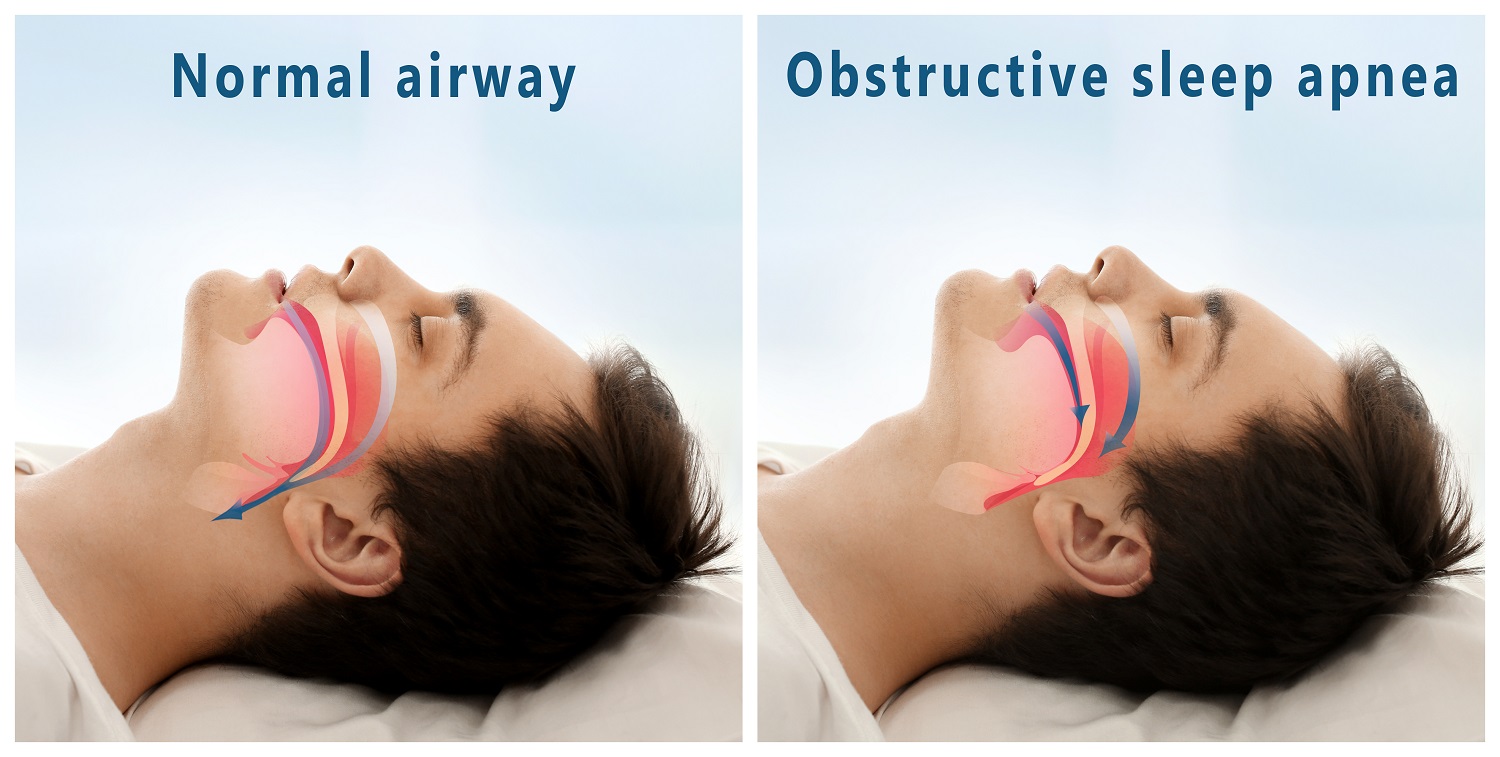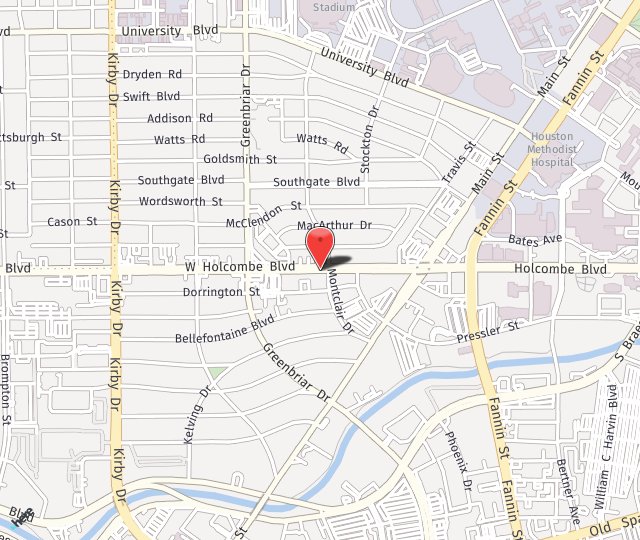Sleep apnea is a serious condition that, left untreated, can result in dangerous and even fatal complications. Houston dentist Dr. Ronald Konig offers advanced sleep apnea treatments, but these work best when lifestyle choices and other factors are not working against them. Here, we will explore 10 things that can make sleep apnea worse to help you avoid those things that may be getting in the way of your treatment.

Factors Beyond Your Control
Some of the risk factors for obstructive sleep apnea are entirely beyond your control. These include:
Other things beyond your control that will impact sleep apnea include cooler seasons and a lack of humidity. While neither of these are a particular problem in Houston, low humidity and colder temperatures when traveling can temporarily spike or exacerbate sleep apnea symptoms. So, for example, if you are planning a ski trip to Colorado, your sleep apnea may spike due to the higher elevation and dry and cold conditions.
During your sleep apnea treatment consultation, Dr. Konig will take into account risk factors that you cannot control to help inform his treatment recommendations.
Factors Within Your Control
While some cases of obstructive sleep apnea are caused by factors beyond the control of the patient, many others are directly related to lifestyle choices.
You increase your risks of developing sleep apnea along with risks of making existing cases worse when you:
- Are overweight. At least a quarter of adults with a BMI above 25 suffer from obstructive sleep apnea. This rate increases with higher BMI, getting worse for those with a BMI above 30, which is designated as “obese”
- Smoke cigarettes. Cigarette smokers are nearly twice as likely to develop sleep apnea as nonsmokers. Smokeless products like e-cigarettes may be slightly less harmful, though there is no real science to suggest they are a safe alternative. Your best bet? Avoid any product containing nicotine
- Drink alcohol. Even casual drinking can exacerbate sleep apnea. If you have been diagnosed with sleep apnea, it is best to avoid alcohol altogether. Not drinking alcohol or drinking in moderation can help you avoid developing the condition
- Sedative and narcotic use. Muscle relaxants, opioids, and any other medications or illicit drugs that suppress respiratory function can increase risks for sleep apnea
- Have an existing medical condition. High blood pressure and type 2 diabetes are both linked to sleep apnea and, left unregulated, may both complicate sleep apnea as well
- Sleep on your back. People who sleep on their sides may be less likely to struggle with snoring and sleep apnea. Sleeping on your back allows the tongue to relax backwards which may obstruct airways and exacerbate sleep apnea. This becomes less of an issue when devices like the SomnoMed are used
You can reduce your risks of developing obstructive sleep apnea by maintaining a healthy weight, avoiding tobacco products, drinking responsibly, not using narcotics, and keeping your existing medical conditions under control. If you have already developed sleep apnea, you can help improve treatment outcomes by doing those exact same things. During your treatment consultation with Dr. Konig, we can discuss steps you should be taking to improve your sleep and reduce your risks of sleep apnea complications.
To schedule an appointment with Dr. Konig, please call 713-668-2289. We welcome patients from Katy, King, Sugar Land, The Woodlands, and surrounding areas at our Houston, Texas office.

